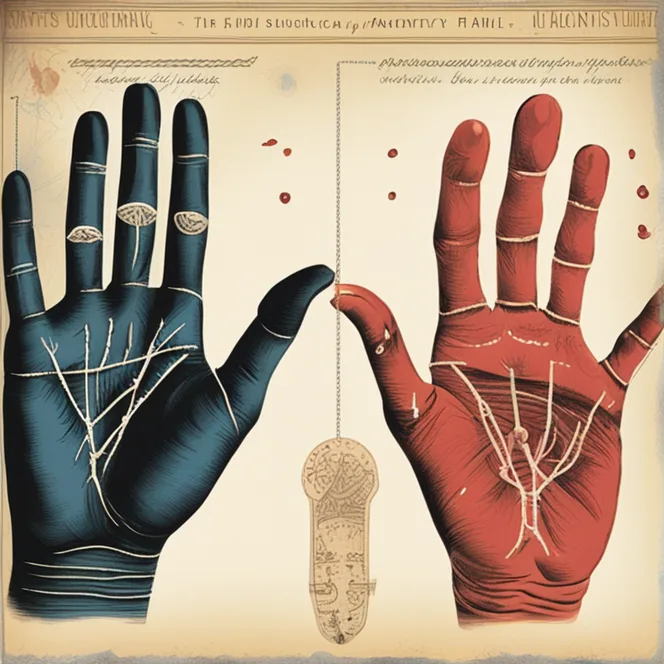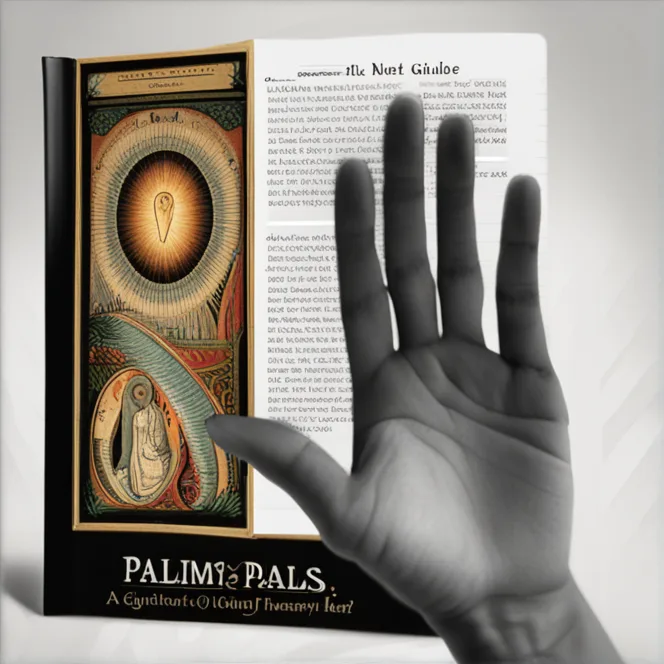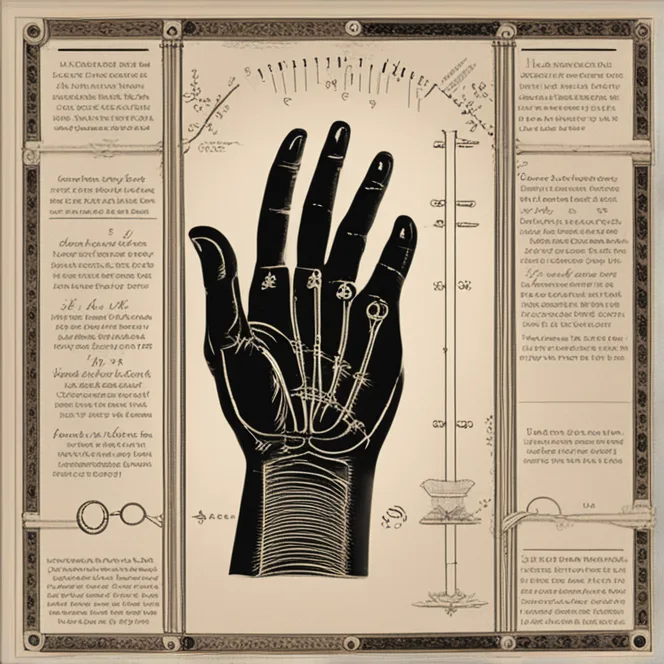
Unlocking Palms: A Guide To Palmistry
Explore the ancient art of palmistry with our comprehensive guide on reading palms for insight and guidance.
article by Nora Pennington
The Roots of Palmistry
Palmistry, also known as chiromancy or cheiromancy, is an ancient practice rooted in many cultural traditions. With origins traced back to India, China, and ancient Greece, palmistry has been used for thousands of years to understand personality traits and predict future events by examining the lines and features of the hand. The hand is considered a powerful tool for accessing a wealth of personal information, as it mirrors the individual's energies and potential life paths. While skepticism remains, many continue to seek wisdom from the lines that life itself has drawn on the palms of their hands.
The Anatomy of the Hand
Before delving into the intricacies of palm reading, it is essential to recognize the basic elements that palmists examine. The hand is segmented into four primary lines: the heart line, head line, life line, and fate line. These main lines, along with various mounts and markings, form the basis of a palmistry reading. Each hand tells its own story, with the left hand relating to one's potential and the right reflecting what one has done with those possibilities. Considering both hands can offer a full spectrum of insights, while comparing them uncovers the dynamic between a person's abilities and actions.

Interpreting the Heart Line
Considered one of the most telling aspects of a person's emotional life, the heart line begins under the pinky finger and stretches across the top of the palm. A deep, unbroken line suggests a smooth and stable emotional life, while breaks can indicate emotional turmoil or changes. The length of the heart line is also significant, with a longer line pointing to openness in expressing feelings and a shorter one hinting at a more guarded nature. The presence of smaller lines may represent flings or relationships, and their interplay with the heart line can reveal the emotional impact of these connections.

Decoding the Head Line
The head line travels across the palm just below the heart line. This line represents intellectual tendencies and the style of thinking. A clear, straight head line indicates logical and direct thinking, while a wavy line suggests a creative dreamer. Breaks in this line could highlight intellectual breakthroughs or mental struggles. The depth of the line often relates to mental focus, with a deep line denoting concentration and a faint one pointing to a more relaxed approach to intellectual pursuits. Additionally, the length of the line can provide insights into the complexity and scope of an individual's mental interests.

The Life Line's Tale
Starting near the thumb and arching toward the wrist, the life line is often misinterpreted as a predictor of lifespan. However, in palmistry, it is more reflective of vitality, life energy, and major life changes. A strong, clear life line signifies robust health and stamina, whereas a faint or fragmented line can indicate less vigor or significant life challenges. The length and curvature of the line can also divulge information about one's overall life journey, including periods of stability and transformation. Contrary to popular belief, a short life line does not predict an early demise but may suggest a need for caution in health-related matters.
Mysteries of the Fate Line
Not everyone possesses a fate line, and its absence or presence can speak volumes. Located vertically in the center of the palm, the fate line correlates with how strongly a person's life path is influenced by external circumstances. A deep and straight fate line may indicate a life heavily influenced by fate, whereas a wavering or broken line suggests one who takes various approaches to life's opportunities. The starting point, trajectory, and end of the fate line can reveal an individual's approach to career and success, including the potential for changes and achievements within one's professional sphere.
Integrating the Insights
Mastering palmistry requires more than recognizing individual lines; it involves synthesizing the information they provide. For instance, the interplay between the heart and head lines can shed light on the balance between emotion and reason in decision-making processes. The life line's interaction with other lines can hint at the support systems and challenges one might face. Analyzing the hands comprehensively, including the mounts, fingers, and additional markings, leads to a richer narrative about an individual's strengths, struggles, and the profound potential that resides within the palm.
Published: 12/8/2023
Modified: 12/8/2023
More predictions
Come back here soon to learn more about yourself and your future


The Choice Of Hand In Palmistry
Explore the significance of the right and left hands in palm reading and learn which hand reveals your potential and life events.


Navigating Life's Path: The Basics of Palmistry
Explore the ancient practice of palmistry and discover how the lines on your hands can reveal personal insights and life paths.


The Science Of Hand Analysis: Palmistry Explained
Palmistry, often referred to as chiromancy, is an ancient practice that has captured human fascination for centuries. It involves the interpretation of the lines, mounts, and shapes of the hand to gain insights into an individual's personality, life path, and potential future. While some may view palmistry as a mystical art, it is, in fact, rooted in a combination of psychology, anatomy, and cultural symbolism. In this article, we will delve into the science of hand analysis, explaining the principles and factors that make up the complex world of palmistry.